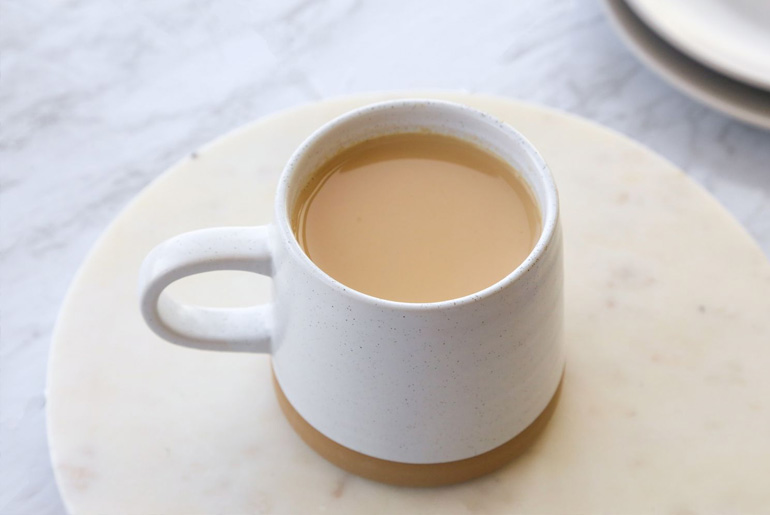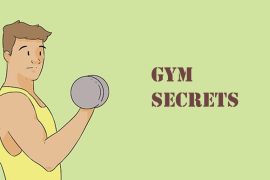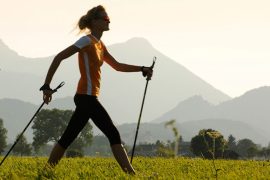Many people start their day with a hot cup of milk tea, but health experts warn that drinking tea on an empty stomach can negatively impact health. Despite this advice, many continue to consume milk tea in the morning. This article will explore the potential drawbacks of drinking milk tea on an empty stomach, including its effects on digestion and overall well-being.
Issues Caused by Drinking Milk Tea on an Empty Stomach
1. Digestive Problems:
Drinking milk tea on an empty stomach can negatively impact the digestive system. The caffeine and tannins present in tea can increase acidity in the stomach, leading to issues like gas, heartburn, and indigestion. Therefore, it is advisable to avoid drinking milk tea first thing in the morning.
2. Energy Levels:
While milk tea might provide a temporary boost in energy, this effect is short-lived. The initial energy surge can quickly dissipate, leaving you feeling fatigued, sluggish, and lethargic. Consequently, consuming milk tea in the morning may not be ideal for sustaining long-term energy.
3. Weight Gain:
Milk tea can contribute to rapid weight gain due to its high sugar and calorie content. Regular consumption can lead to an increase in body weight, making it a less desirable option for those managing their weight.
4. Blood Pressure:
The caffeine in tea can elevate blood pressure. Drinking milk tea on an empty stomach can cause a sudden spike in blood pressure, which may be detrimental to heart health and increase the risk of cardiovascular issues.
5. Insomnia:
The caffeine in milk tea can interfere with sleep patterns, potentially leading to insomnia. Consuming milk tea in the morning may affect your ability to fall asleep at night, as caffeine can keep the mind alert and disrupt restful sleep.
To avoid these issues, it is recommended to refrain from drinking milk tea on an empty stomach and consider healthier alternatives for your morning beverage.
Disclaimer:
The information contained in this article is for educational and informational purposes only and is not intended as a health advice. We would ask you to consult a qualified professional or medical expert to gain additional knowledge before you choose to consume any product or perform any exercise.







